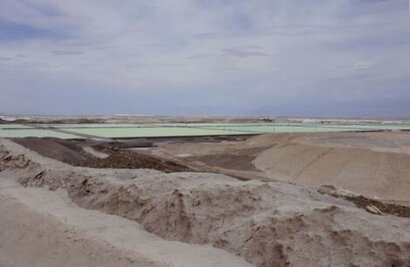
The cross-industry partnership intends to foster a dialogue among local stakeholders, generating and synthesising scientific facts and seeking solutions in a participatory manner.
Due to the expansion of e-mobility and digitisation, the demand for lithium as key material in batteries is expected to grow in the next years. The World’s largest lithium reserves and large parts of the total production are located in the Salar de Atacama. The region’s ecosystem is fragile and there is lack of consensus regarding the impacts and risks of lithium mining and other economic activity in the region. Potential risks derived from water and brine table shifts could potentially harm the ecosystems and affect local livelihoods. Addressing such water-related risks effectively requires the collaboration of stakeholders.
The Deutsche Gesellschaft für Internationale Zusammenarbeit (GIZ) GmbH, commissioned by the companies, will coordinate the partnership seeking to find common ground by building a multi-stakeholder platform among all relevant actors in the Salar watershed - ranging from civil society groups including indigenous communities, government institutions, mining companies and beyond.
The platform aims to facilitate a common understanding of the status quo and jointly develop a shared vision for the future of the Salar de Atacama watershed. In addition, it intends the co-development of a joint action plan to improve long-term integrated natural resource management and undertake the first implementing steps.
Another aim is to synthesise and verify available technical data, improve on it if necessary, and increase accessibility. The Responsible Lithium Partnership will commence in spring 2021, with a planned duration of 2.5 years. It does not intend to facilitate the sourcing of lithium nor the purchase or selling of any raw mineral.
For additional information:

